Affordable Strategies for Flood Protection
Understanding the factors influencing the cost of flood prevention measures is essential for effective planning and budgeting. This page explores the key elements that impact expenses and provides detailed insights into various flood prevention options.
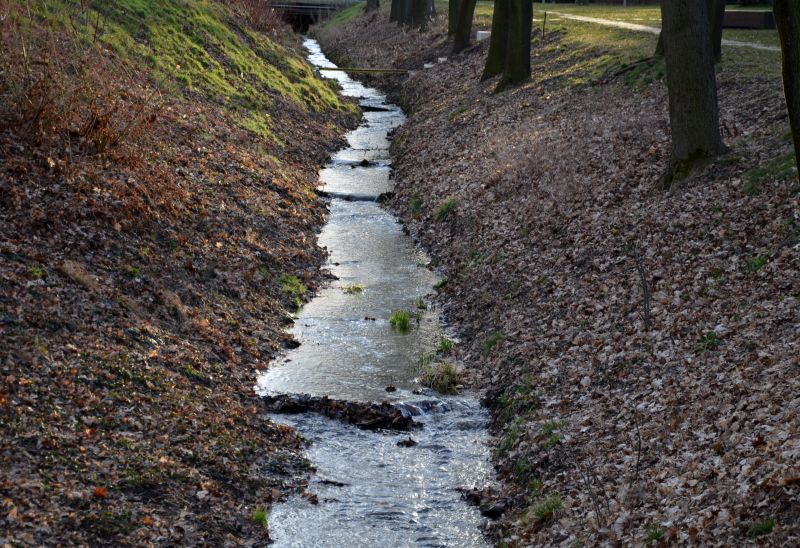
The landscape's elevation and natural features significantly affect the complexity and cost of flood prevention installations.
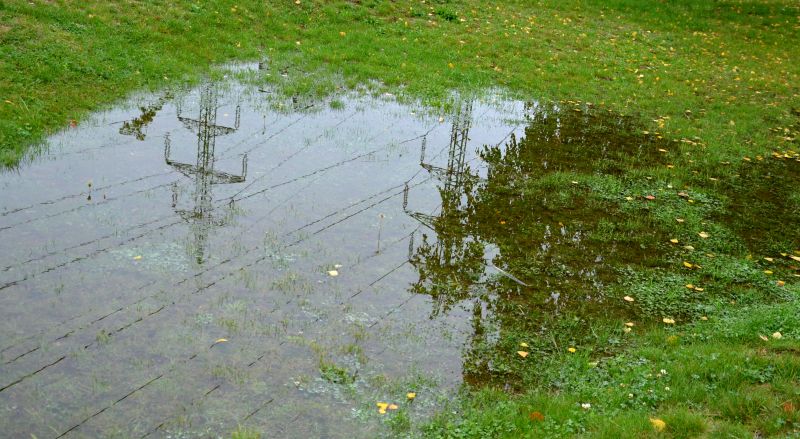
Areas with higher flood risks require more extensive and robust prevention systems, increasing overall costs.
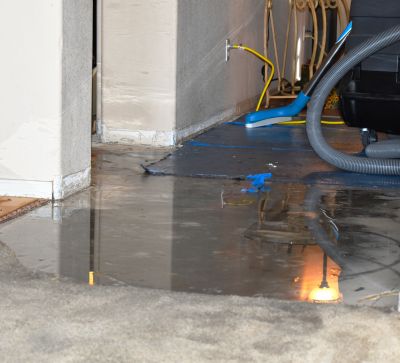
Choosing durable and high-quality materials influences both initial investment and long-term maintenance expenses.
| Factor | Impact on Cost |
|---|---|
| Project Scale | Larger projects require more materials and labor, increasing costs. |
| Type of Flood Barrier | Different barriers vary in price based on design and materials. |
| Installation Complexity | Difficult terrains or urban settings add to installation expenses. |
| Maintenance Requirements | Higher maintenance needs can raise long-term costs. |
| Permitting and Regulations | Compliance with local regulations may add to project expenses. |
| Environmental Impact Measures | Additional measures to minimize environmental effects can increase costs. |
| Labor Costs | Regional labor rates influence overall project expenses. |
| Project Timeline | Longer durations may incur higher labor and equipment costs. |
The financial investment in flood prevention varies based on project size, scope, and location. Larger and more complex installations tend to require substantial resources, but they also provide enhanced protection against flood risks. Proper assessment of landscape features and risk levels can help optimize expenditure, ensuring that investments are aligned with the specific needs of the area.
Advanced flood barriers and integrated systems involve higher initial costs but can offer long-term savings through reduced damage and maintenance needs. Strategic planning and selecting appropriate materials are crucial for balancing effectiveness and budget constraints, ultimately leading to more cost-efficient flood prevention solutions.
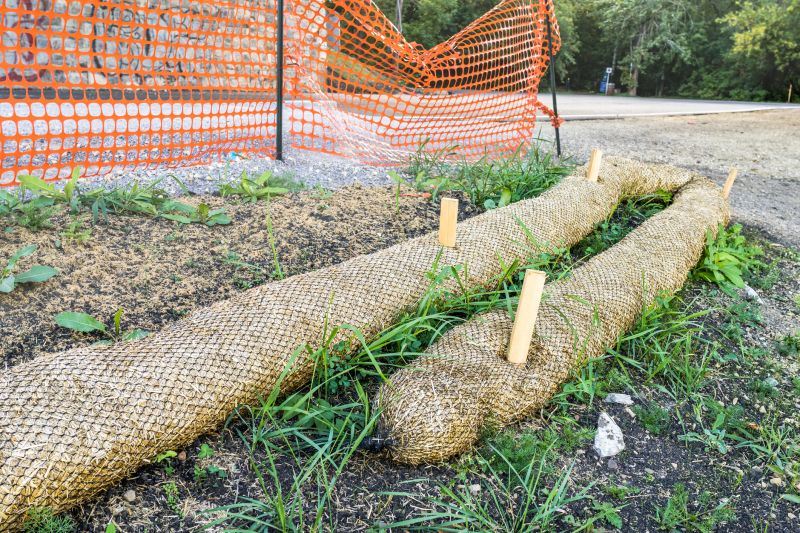
Costs vary based on type, size, and material, with high-grade barriers offering better durability.
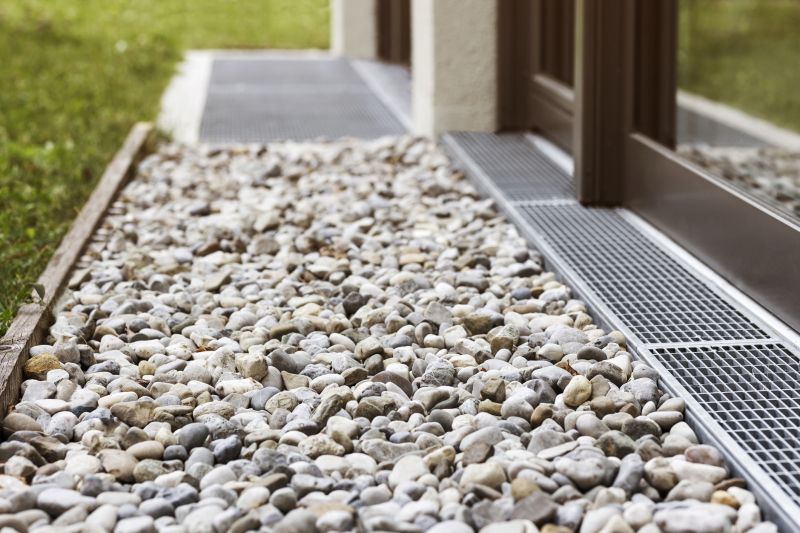
Installation expenses depend on system complexity and site-specific requirements.
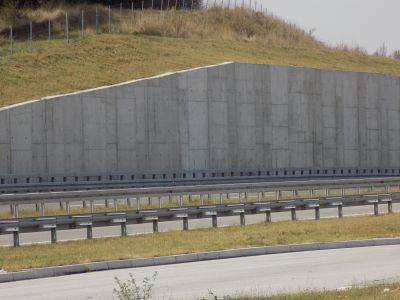
Large-scale structures involve significant material and labor costs, influenced by length and design.
| Service | Average Cost Range |
|---|---|
| Flood Barrier Installation | $10,000 - $50,000 |
| Drainage System Setup | $5,000 - $20,000 |
| Seawall Construction | $100,000 - $500,000 |
| Levee Reinforcement | $50,000 - $200,000 |
| Floodplain Management Planning | $15,000 - $75,000 |
| Pump Station Installation | $20,000 - $100,000 |
| Drainage Pump Maintenance | $2,000 - $10,000 annually |
| Flood Warning System Setup | $8,000 - $30,000 |
| Erosion Control Measures | $5,000 - $25,000 |
| Monitoring and Inspection | $3,000 - $10,000 annually |
